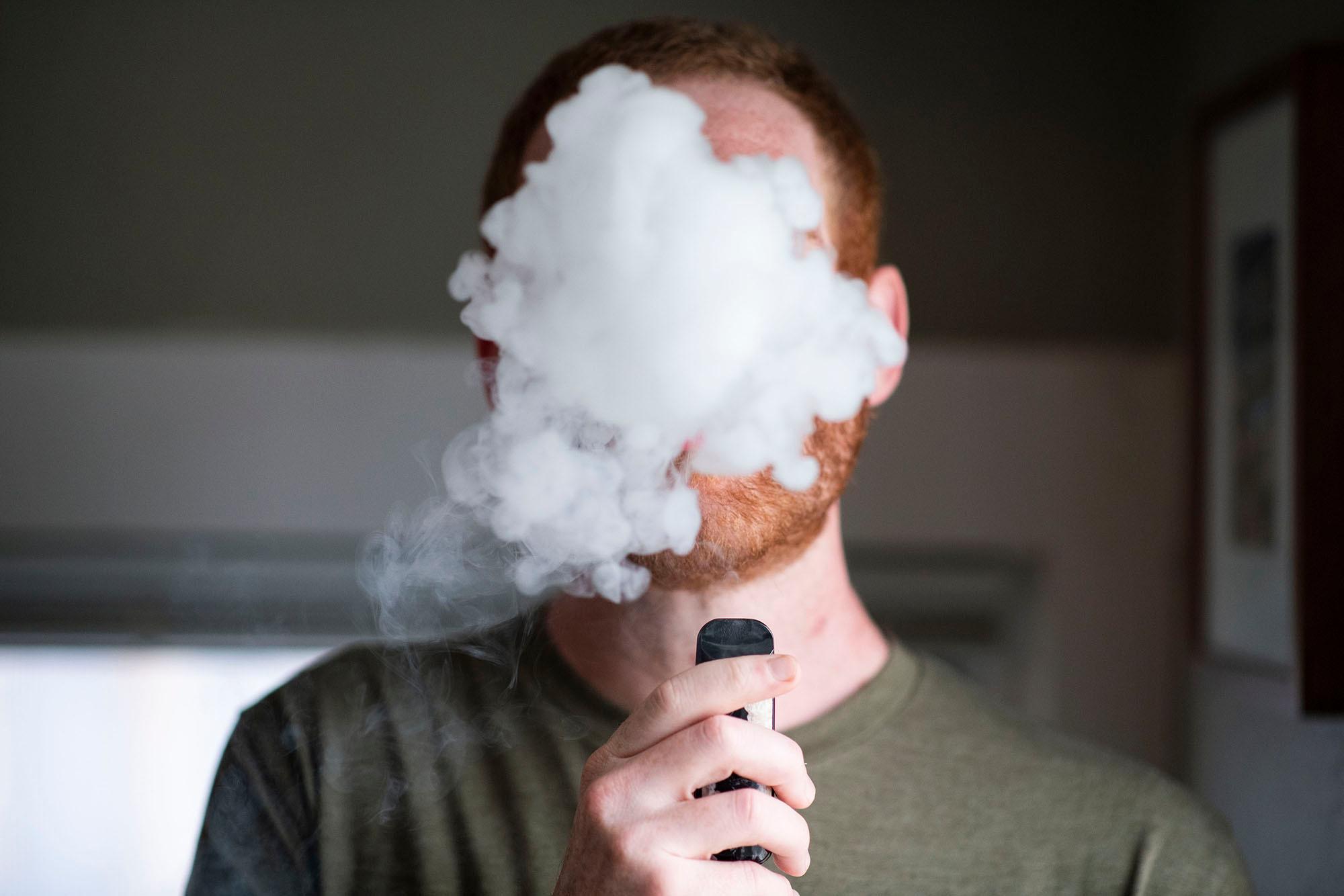
Smokers, vapers and tobacco chewers would pay higher taxes in January and considerably more for discount cigarettes if Colorado voters approve Proposition EE in November.
The higher nicotine tax revenue would tide over schools impacted by the coronavirus pandemic, then fund preschool for 4-year-olds beginning in 2023, according to the backers of the ballot measure. It is one of 11 statewide measures on ballots that go out to all Colorado voters in the coming days.
Proposition EE is a big change from a tobacco tax increase rejected by Colorado voters in 2016. For one thing, vaping wasn’t included four years ago, and today, many vaping products are subject only to basic sales taxes, except for higher taxes levied by some cities.
For another, this year’s proposal sets a minimum price for a pack of cigarettes, and discount cigarette companies are crying foul.
“This is a carve-out for basically one company,” said Michelle Lyng, a spokeswoman for A Bad Deal for Colorado No on EE, the group opposing the measure.
That one company is Altria, which makes Marlboros. It spent $16 million opposing the 2016 ballot measure called Amendment 72. Instead, this year, Altria spent $380,000 lobbying the legislature to shape Proposition EE. Lyng’s group believes if the minimum price of cigarettes is higher, it will disproportionately hurt smaller tobacco makers, and therefore benefit Altria.
Advertisements by Lyng’s group refer to a “backroom deal” among Colorado lawmakers and Altria Group, since the bill lawmakers passed to get Prop EE on the ballot was introduced in just a few days at the end of the legislative session.
That highlights another major difference between the 2016 measure and Prop EE. This year’s measure is a statute that could be changed by the legislature in terms of where the money ultimately goes.
But proponents of EE are convinced lawmakers will hold true to the promise of preschool for 4-year-olds.
“This could be a model for the country on how to do universal preschool,” said Mike Johnston, a former state senator who now leads Gary Community Investments, the top financial supporter of Prop EE.
The pro-EE campaign, called Brighter Healthier Future for Colorado Kids, raised $3.6 million through the end of September, while No on Prop EE has raised $3.4 million. Both are spending heavily on advertising.
Prop EE would increase taxes on cigarettes, tobacco and nicotine products starting in January 2021 with gradual increases until 2027.
Ultimately tobacco and vaping products would be taxed at 62 percent, while cigarettes would be taxed at $2.64 a pack, up from 84 cents a pack now.
A pack of cigarettes would cost $7 at a minimum, which includes all state taxes, starting in January 2021, going up to $7.50 in July 2024.
The new taxes are projected to raise $177 million in the first full year and up to $276 million in fiscal year 2027.
Lyng said low- and middle-income Coloradans would bear the brunt of the taxes and the higher prices on cigarettes.
“The fact of the matter is that 14 percent of Coloradans use these products,” she said. “Of that 14 percent, 80 percent, approximately, make under $40,000 a year. This is an incredibly regressive tax.”
But Johnston said he hopes the higher taxes will encourage Coloradans to quit using tobacco and nicotine products.
“They want to protect the practices they've had, particularly those predatory practices,” he said. “What we know is for every 10 percent that you increase the price of tobacco, you drop teen use by almost 7 percent. They have targeted young people and low-income workers.”
Liggett Vector Brands, a discount cigarette producer from North Carolina, is the top donor behind No on EE. It’s paid for about $3.4 million worth of advertising for the committee, almost the entire amount raised.
Gary Community Investments is the top donor to supporters of Prop EE, at $1 million. Other individuals, education and health nonprofits are also funding the campaign.
Where the money would go, in the short-term and long-term.
The promised universal preschool wouldn’t begin until 2023.
Instead, for the first two and a half years of higher taxes, the bulk of the money would go to K-12 education, with a boost for rural schools. A smaller portion would go to housing programs and eviction assistance. Those measures are intended to address the economic effects of the COVID-19 pandemic.
But ultimately, more than 80 percent of the money goes to preschool for 4-year-olds, Johnston said.
“It will put almost $3 billion into universal preschool over the next 15 years,” he said.
Johnston said the plan is to give every 4-year-old at least 10 hours a week of free preschool, with a sliding fee scale based on income for more schooling hours.
“It's not only the right, I think, moral thing to do and right thing to do in the sense of equity, it's the right fiscal thing to do for the state, because you get more kids coming into K-12 prepared,” he said.
Lyng questions whether lawmakers will stick to using the money to fund preschool.
“There's no guarantee in the ballot language that this funding will reach preschool,” Lyng said.
It’s true that lawmakers could change the funding allocations in future years, though universal preschool is a priority for Democratic Gov. Jared Polis and other lawmakers.
Voters last approved a tobacco tax increase in 2004.
This story is a part of #FollowtheMoneyCO, a project of the Colorado News Collaborative (COLab) with support from the Colorado Media Project.









